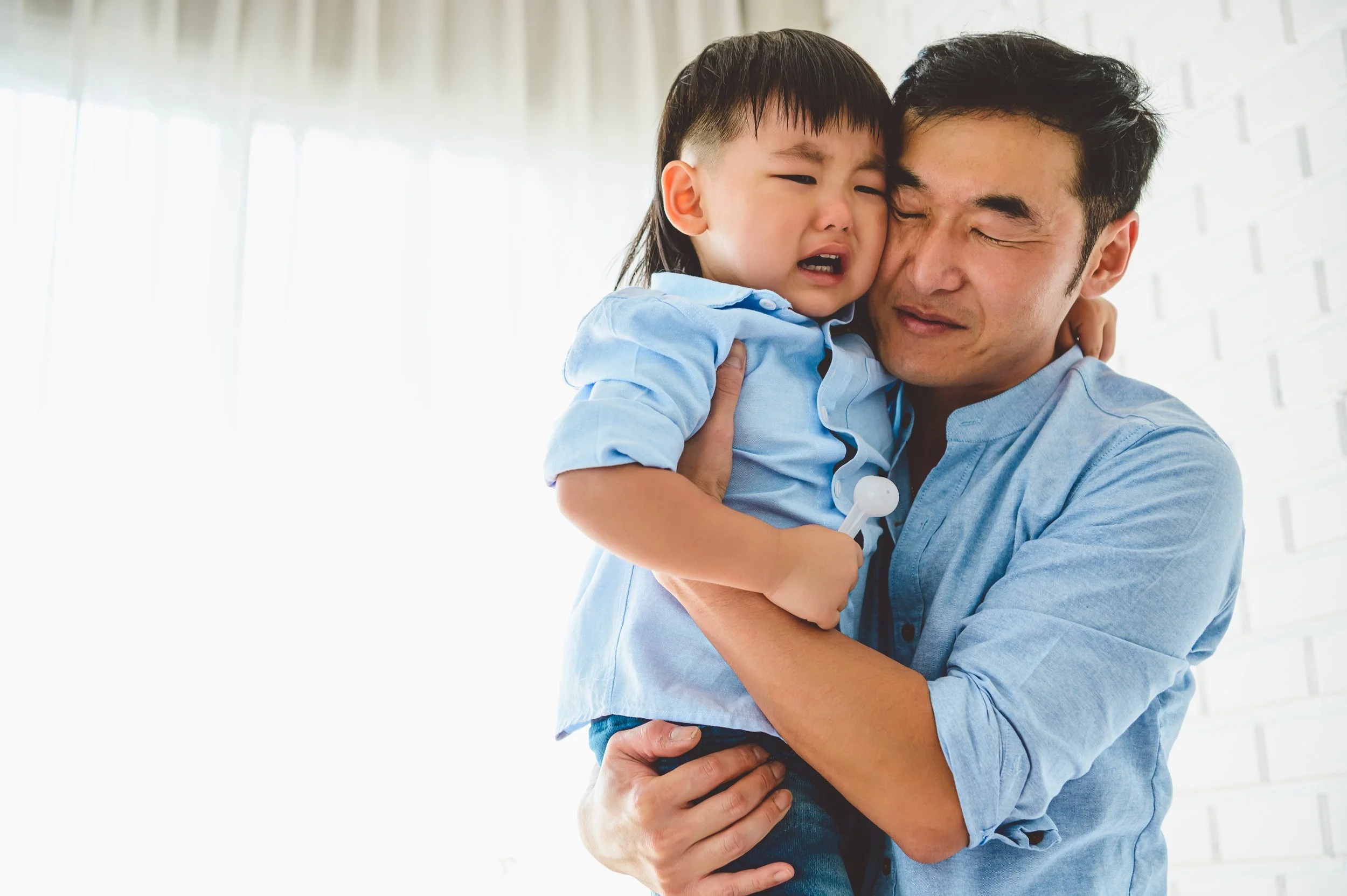How Your Child Learns Empathy
How Your Child Learns Empathy and Why it Matters More Than Ever
Empathy is the ability to understand and share the feelings of another person. It's not just a “nice-to-have” skill, it’s a core human quality that underpins kindness, cooperation, emotional regulation, and even justice. For children, learning empathy is a powerful step toward becoming compassionate, respectful adults who can resolve conflict and contribute to a more peaceful world. But how do children actually learn empathy? And why is it such an urgent skill in today’s world?
What Is Empathy?
Empathy involves two main processes:
Affective empathy – feeling what someone else feels.
Cognitive empathy – understanding what someone else is feeling and why.
Both are vital in helping children navigate social interactions and build meaningful relationships.
While humans are not born with fully developed empathy, they are born with the capacity for it. Empathy develops through a combination of inborn predispositions and life experiences, including interactions with caregivers and social learning.
Humans are biologically wired to be social creatures and to respond to the emotional cues of others. Studies suggest that infants show early signs of empathy, such as crying more in response to the cries of other babies than to other loud noises. This suggests an innate predisposition to share in the emotional experiences of others. Empathy is not just a fixed trait; it develops and refines over time through social interactions and learning. This includes learning to understand and interpret others' emotions, regulating one's own emotional responses, and developing the capacity for perspective-taking. The development of empathy is also shaped by social and cultural norms, including how empathy is modelled and reinforced within a particular environment. For example, children who grow up in families that emphasise emotional awareness and responsiveness are more likely to develop strong empathic abilities. While most humans are capable of empathy, there is evidence that some individuals may have difficulty developing it to the same degree as others. This could be due to genetic factors, early childhood experiences, or other developmental differences.
Why Empathy Matters Now More Than Ever
In an increasingly polarised, fast-paced world, empathy might be one of the most critical skills we can teach the next generation.
Reducing Conflict
Empathy helps children become adults who are better able to manage disagreements, understand different viewpoints, and seek peaceful solutions. Studies show that those with higher empathy have lower aggression levels, fewer behavioural problems, and greater pro-social behaviour. Empathy is negatively correlated with bullying and violence and positively linked to conflict resolution skills (Jolliffe & Farrington, 2006).
Mental Health and Social Connection
Empathetic children tend to have stronger relationships, better emotional regulation, and higher overall wellbeing. In a world of digital disconnection, social-emotional skills like empathy are essential for building real human connection.
Building a More Compassionate Society
Empathy isn’t just about kindness, it’s about justice. Research shows that higher empathy levels in childhood are associated with adult civic engagement, volunteerism, and activism (Fraser et al., 2020). Teaching empathy helps create a society where people care about others’ experiences and act accordingly.
How You Can Support Your Child’s Empathy
Here are some simple, science-backed ways to raise an empathetic child:
Name emotions — regularly label your child’s feelings and the feelings of others.
Model empathetic behaviour — let your child see you comforting a friend, checking on a neighbour, or listening attentively.
Read stories together — books allow children to explore other perspectives safely.
Use everyday situations — ask, “How do you think they feel?” when watching TV, in the playground, or during sibling spats.
Encourage repair, not punishment — help your child make amends in a meaningful way.
Final Thoughts
Empathy is one of the greatest gifts we can give our children and society. As families, educators, and caregivers, we play a crucial role in nurturing this skill from the earliest years. In a time when division, misunderstanding, and conflict are on the rise, raising empathetic children is an act of hope. It’s an investment in a future where compassion leads, peace prevails, and relationships thrive.
Need More Support?
We cover topics like baby brain development, responsive parenting and managing toddlers emotions in our expert-led courses for babies and toddlers. If you’d like guidance that’s evidence-based and parent-friendly, check out our courses or for more personal support our 1:1 coaching.
References
Decety, J., & Cowell, J. M. (2015). Empathy, justice, and moral behavior. AJOB Neuroscience, 6(3), 3–14.
Fraser, S. A., et al. (2020). Empathy development and prosocial behaviour: A longitudinal study. Child Development, 91(1), 202–217.
Jolliffe, D., & Farrington, D. P. (2006). Development and validation of the Basic Empathy Scale. Journal of Adolescence, 29(4), 589–611.
Stern, J. A., & Cassidy, J. (2018). Empathy from infancy to adolescence: An attachment perspective. Attachment & Human Development, 20(3), 265–287.

